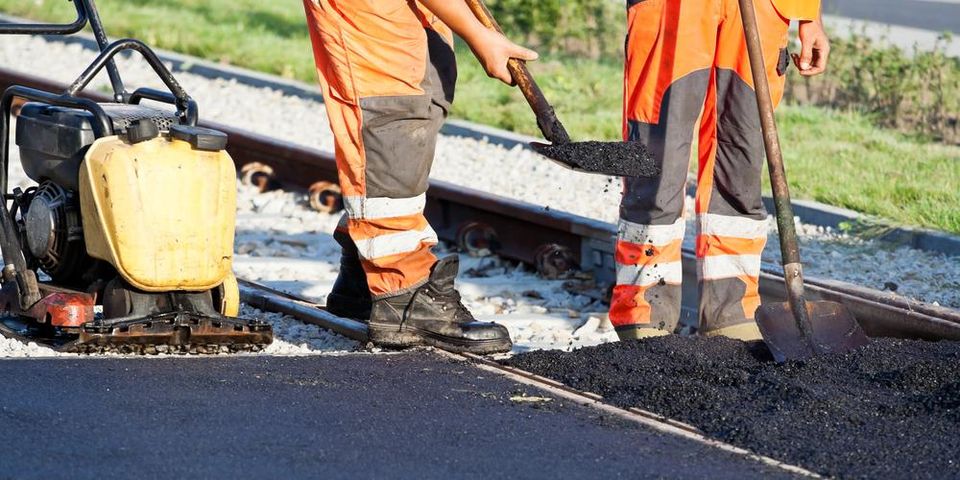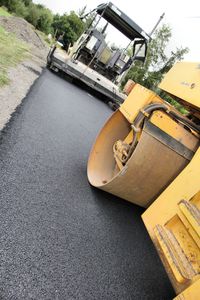
Asphalt driveways and parking lots are extremely durable, but, over time, sunlight and rain will start to degrade the surface, eventually resulting in potholes and serious cracks. While having it regularly sealed and treated will extend its life, it may eventually need to be completely resurfaced. If you’re wondering if your asphalt needs to be resurfaced, keep reading for answers to some frequently asked questions.
FAQs About Asphalt Resurfacing
What’s the Difference Between Resurfacing & Seal Coating?
Unlike seal coating, resurfacing treats structural flaws on the surface, including the patching of any cracks and removal of degraded material. After any underlying problems are addressed, the surface is covered with a new layer of asphalt.
What Are the Signs I Need to Resurface?
 While a few minor flaws can usually be patched, an asphalt surface with several large cracks and major holes should usually be resurfaced. Without correcting the structural defects, those problems will only return and spread, compromising the new surface of the asphalt.
While a few minor flaws can usually be patched, an asphalt surface with several large cracks and major holes should usually be resurfaced. Without correcting the structural defects, those problems will only return and spread, compromising the new surface of the asphalt.
Is Resurfacing Always the Best Option?
Resurfacing can help with a variety of problems, but, unless the underlying issue is addressed, the cracks and holes may reappear. Before resurfacing, your contractor will examine the substructure to make sure it’s the best option.
How Long Does Resurfaced Asphalt Last?
Newly installed asphalt driveways and parking lots can last anywhere from 20 to 30 years, but resurfacing can add eight to 15 years, depending on moisture, freeze cycles, and other factors in your area. If properly maintained, resurfacing can increase the life of your asphalt by 50%.
As one of Anchorage, AK’s leading contractors, Caddo Construction provides an extensive range of asphalt services, from paving roads to resurfacing driveways. Visit their website to see samples of their work, or call (907) 333-6160 today to discuss your project and request an estimate.
About the Business
Have a question? Ask the experts!
Send your question

